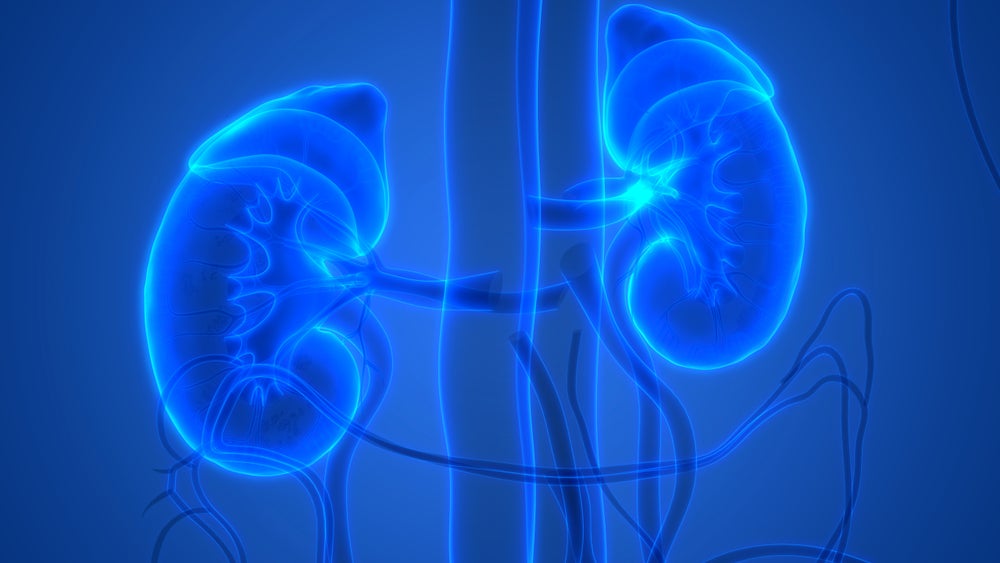In a recent quarterly update, AstraZeneca (AZ) revealed it had removed tozorakimab from its Phase II pipeline for diabetic kidney disease (DKD). Specifically, the Phase IIb trial was discontinued because of the efficacy data. AstraZeneca progressed tozorakimab into Phase IIb for DKD in 2019, as there was evidence that increased inflammation is associated with deterioration in renal function. According to key opinion leaders interviewed by GlobalData, unmet needs in the kidney disease space include next-generation therapies with alternate mechanisms of action and enhanced clinical profiles.
Tozorakimab is a monoclonal antibody that acts by targeting interleukin-33 (IL-33). The drug is a new molecular entity. The ageing global population will lead to an increase in the prevalence of DKD, leading to an expansion of the market as well as a growing need for more therapeutic options. Diseases such as hypertension, obesity and acute kidney injury increase the risk of DKD.
The objective of the Phase IIb study was to evaluate the safety and efficacy of tozorakimab in subjects with DKD. In addition, the trial hypothesis was that inhibition of IL-33 might be beneficial for DKD patients on standard of care (SOC), who have elevated biomarkers of inflammation such as tumour necrosis factor 1 and/or C-C motif chemokine ligand 2. Until further clinical data solidifies the superior or non-inferior safety and efficacy of monoclonal antibodies in combination with SOC, physicians will not substantially change their prescribing patterns across the seven major markets (7MM): France, Germany, Italy, Japan, Spain, the UK and the US.
AZ has a strong commercial position and is well-known in both the metabolic and cardiovascular markets. According to GlobalData’s Pharma Intelligence Center Drugs Database, the company has one other drug in development in the kidney disease space – zibotentan for diabetic nephropathy.







